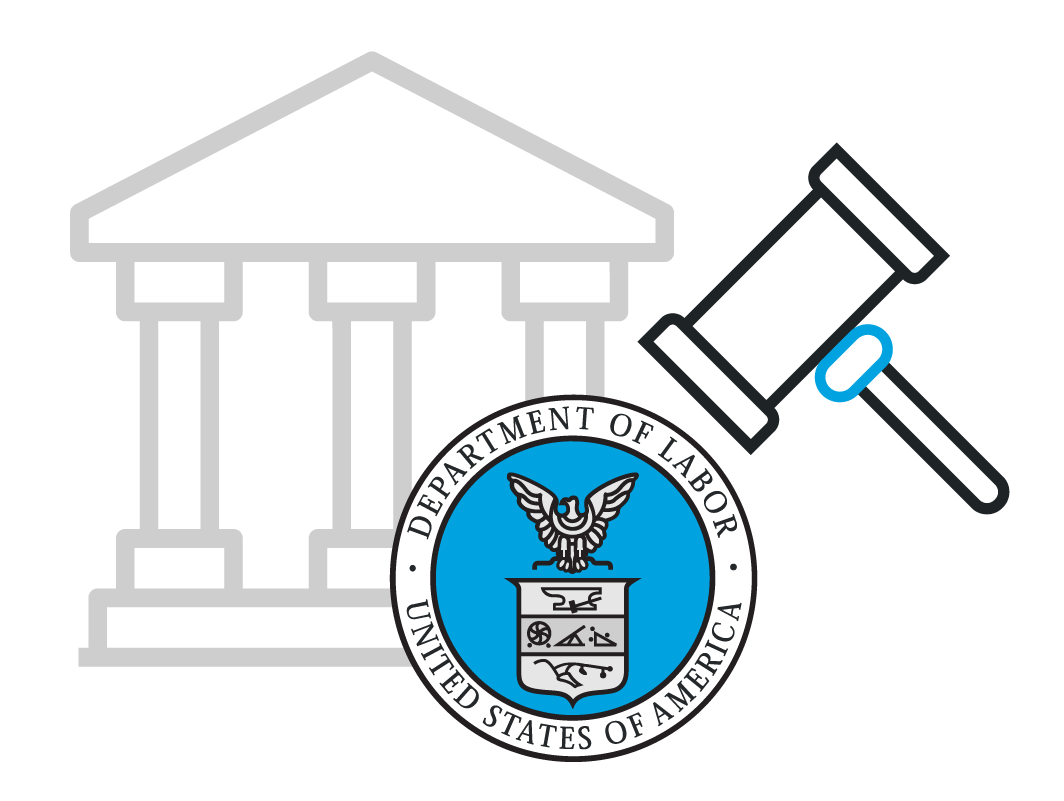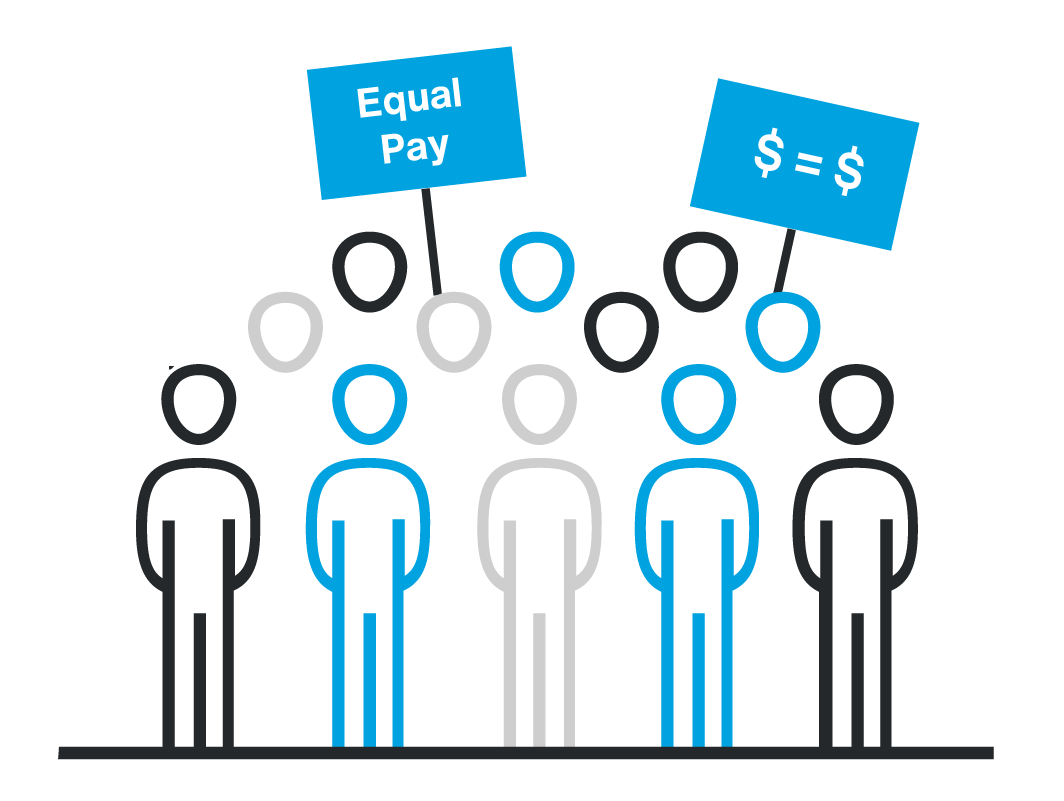Trusaic Research Report Details The Connection Between Pay Equity and Technology

![]()
Our research report with the Josh Bersin Company finds that 72% of C-suite say that pay equity is a critical component of their people and business strategy.
Moreover, companies utilizing specialized technology for pay equity analyses are 3.2 times more likely to engage and retain employees and seven times more likely to attract talent than companies that don’t. And yet, our report also found that 86% of companies don’t use analytics to identify pay equity issues.
The role of data, analytics, and technology
Data, analytics, and specialized technology are vital to achieving pay equity because they allow organizations to understand their compensation philosophies and practices in real-time. Being able to assess compensation continuously like this can help resolve pay disparities, strengthen workforce representation, and ensure opportunity equity across the entire workforce. Besides reducing pay equity concerns, like wage compression, specialized software can help organizations proactively address increasing pay equity regulations, such as posting salary ranges in job listings as required by various state pay transparency laws.
But simply using specialized software will not guarantee these results. Our report looks at the primary considerations organizations must weigh when deciding on pay equity technology providers. In addition to identifying these key criteria, our report discusses:
- The business case for pay equity
- Critical information HR leaders must be aware of regarding how data and technology tie into pay equity
- What a pay equity audit looks like and how to conduct one
- Data needed for performing pay equity audits
- What to look for in pay equity specialized technology
- Case study examples of pay equity success in manufacturing and retail organizations
How employers benefit
Beyond helping organizations reduce legal risk by assisting in compliance with various pay equity laws, including adding salary ranges to job listings and submitting detailed pay data reports, specialized technology can also help organizations improve overall business performance. In fact, our research finds that companies that make rewards and recognition fair and equitable are:
- 5x more likely to have exceptional financial and customer results
- 5x more likely to accomplish outstanding people outcomes (retention and engagement)
- 6x more likely to innovate and adapt well to change



